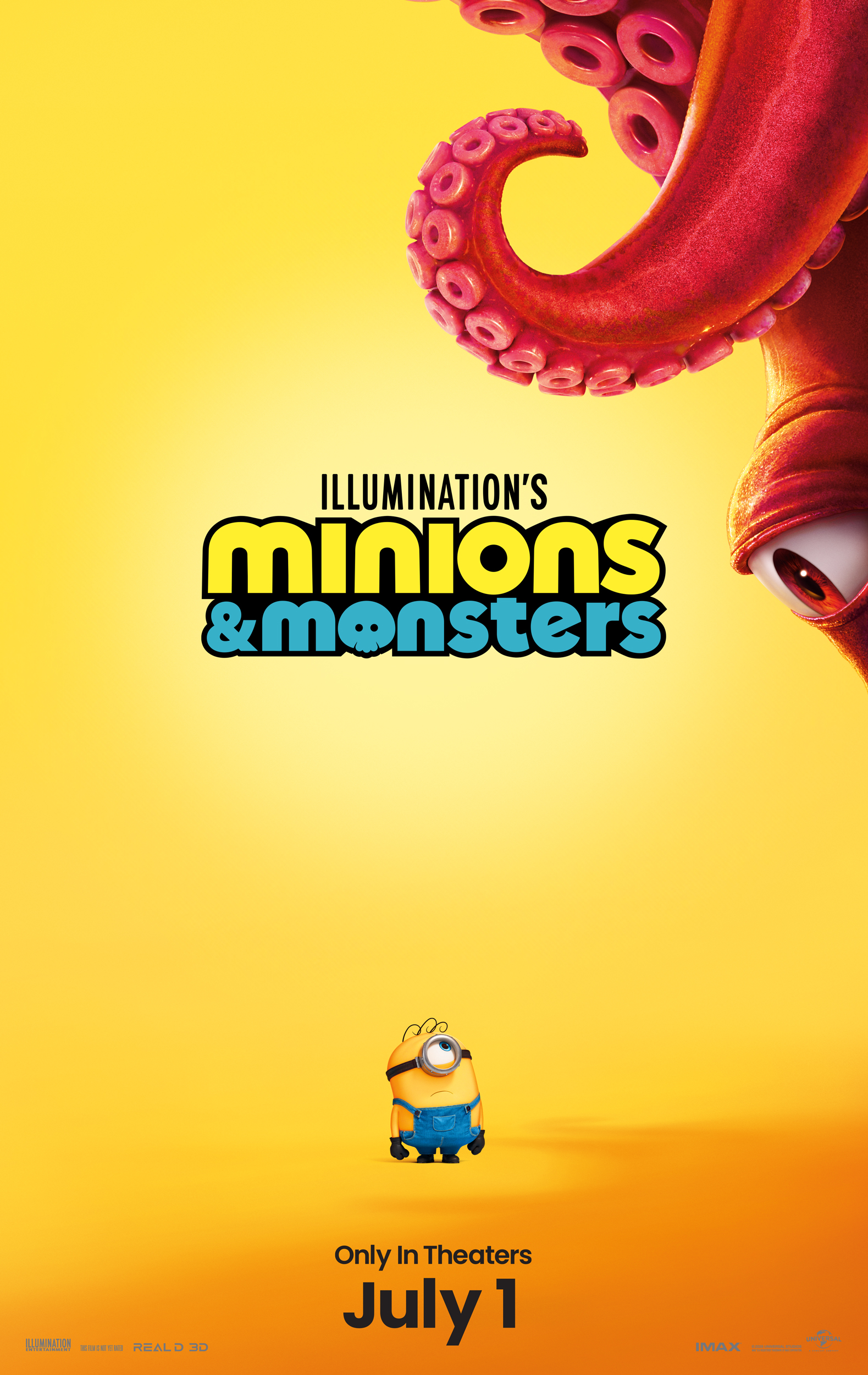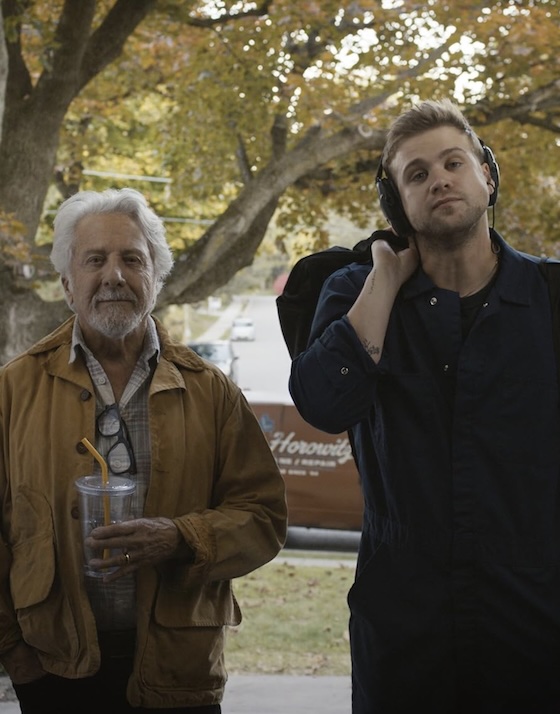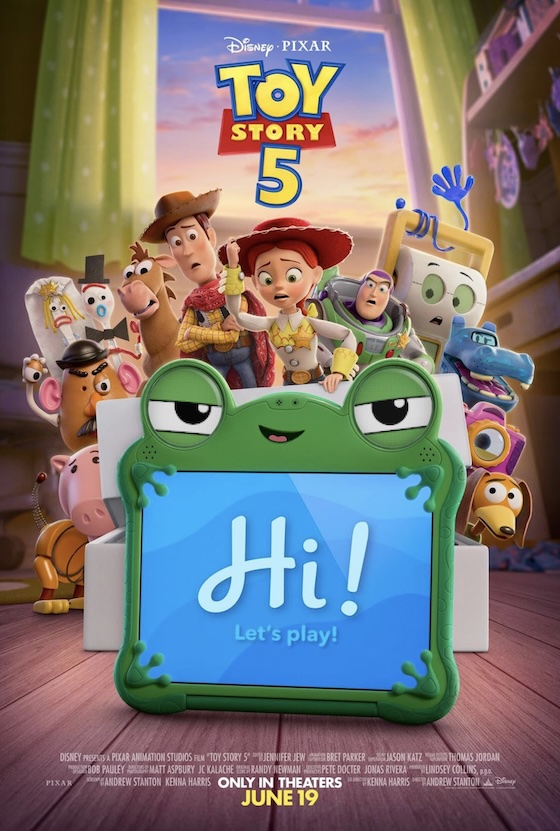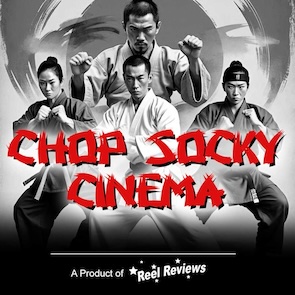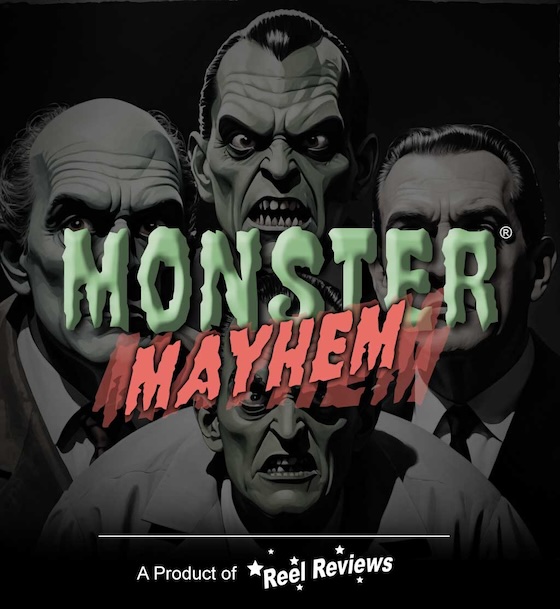{googleAds}
<div style="float:left">
<script type="text/javascript"><!--
google_ad_client = "pub-9764823118029583";
/* 125x125, created 12/10/07 */
google_ad_slot = "8167036710";
google_ad_width = 125;
google_ad_height = 125;
//-->
</script>
<script type="text/javascript"
src="http://pagead2.googlesyndication.com/pagead/show_ads.js">
</script></div>{/googleAds}Let's get the obvious out of the way. Unless you're a screenwriter/writer, a connoisseur of filmmaking and all it's minutia, or a sadomasochistic voyeur who likes to watch people struggle, this documentary isn't going to appeal to the masses. Since I am a combination of all three, let me start by saying, â"About bloody time!"...
A certain professional writer muses toward the end of this doco that almost every man and their dog is writing ‘the next great script' in LA... if not the world. To that end, Dreams on Spec is an intelligently crafted, well-made documentary on the process/struggle/nightmare that is screenwriting. This film attempts to show a diverse trio of writers attempting just that, and for the most part it succeeds remarkably, intercutting the trio's attempts with words of wisdom from some of Hollywood's most celebrated writers.
David Stieve is an assistant in a Hollywood Agency, and the closest of all three to getting a start as a screenwriter; Joe Aaron is a middle-aged father and husband/day trader whose been struggling with his script for three years; and Deborah Goodwin is a former Development Manager committing herself, both financially and mentally (very mentally) to selling and directing her script.
These three writers travel three very disparate paths. The film's ‘fly on the wall' approach unobtrusively presents an honest representation of their journey, without influence. On the one hand, this serves what I assume was the director's intent: to allow any writer watching to see themselves in these people, and not to intrude capturing an unfettered representation of how difficult this job is. There are many moments when any screenwriter is going to laugh... or weep... when they see themselves in these people.
On the other hand, this film also wants to provide some sobering and helpful perspective to tutor its intended audience on their own journey, and this it where it slightly falls short. Yes, the aforementioned pros give pearls of wisdom, but the three writers are not directly challenged on their mistakes (and they make quite a few) either in context to the pros opinions, or by the people that they approach to sell/improve their work (slight exceptions for David). This is not to say there are not valuable lessons on many aspects of screenwriting in there, but there could have been more, and a more direct connection between the pros and the three subjects (IE: the pros commenting on THEM) would have aided in this area. Also the bulk of the interviews by the pros focuses a lot more on once their foot was in the door than it does before they got there they are interesting anecdotes, they also serve to show that the battle just begins when you get in, but they don't apply to the subjects' current status for the most part.
Too much time is spent with ‘thoughts of the day' from these people, and not enough on discussing the missteps they make. As one example, Joe Aaron sits with a top Hollywood script analyst (who apparently worked on Girl, Interrupted) and from the one page seen for a split second, it is obvious (to a screenwriter) he has formatted his script like a Shooting Script (with CUT TO: after every scene, and camera directions) instead of a Spec Script (which this film is about) nothing is said, not by the analyst, nor the documentary. I would have liked to hear James L. Brooks or somebody say, â"A nobody writer is almost always NOT going to be read by a producer, but by a minimum-wage reader, who reads ten a week and is looking for any excuse to put the script down. Joe, get your script properly formatted!"
This may seem pedantic, but this is one important fact in a whole category not touched upon in this film that category being How To. You see these people take very specific paths, and make individual missteps throughout the film, but no mention of how to do it right is ever brought up with them, or the viewer. Pros saying, â"persistence pays, ass on seat and write," and many other true/sensible terms are great, but they don't get specific enough to truly accomplish the film's other goal of teaching. The fact that one of them actually gets produced could have also served to help in this category... BUT the film starts with the guy already in negotiations to sell, and jumps within a couple of scenes (and no detail) to the script in pre-production.
Having critiqued enough, it is with no false flattery that I commend the filmmakers for very successfully putting a human face to the art of screenwriting in all it's clumsy, blindly hopeful, easily recognizable guises. It accomplishes volumes in showing those interested in what it takes, and what will be faced, should you feel the need to write a motion picture, as well as simply being entertaining. A sequel that adds the mechanics of screenwriting, and the specific ins-and-outs employed in getting your work at least read, would make it a valuable instructional tool to the budding screenwriter.
DVD Details:
Capably presented DVD with minimal special features. I would have liked to have seen something directly from the filmmakers.
An entertaining 30 minute featurette with the likes of Carrie Fisher and James L. Brooks.
Screen formats: Widescreen 1.78:1 Widescreen
Subtitles: None
Language and Sound: English
Special Features:
* Featurette -
o Interview with James L. Brooks, Nora Ephron, Carrie Fisher, and other Hollywood luminaries featured in the documentary
* Trailer - the original trailer
Number of discs: - 1 with Keepcase packaging
{pgomakase}

